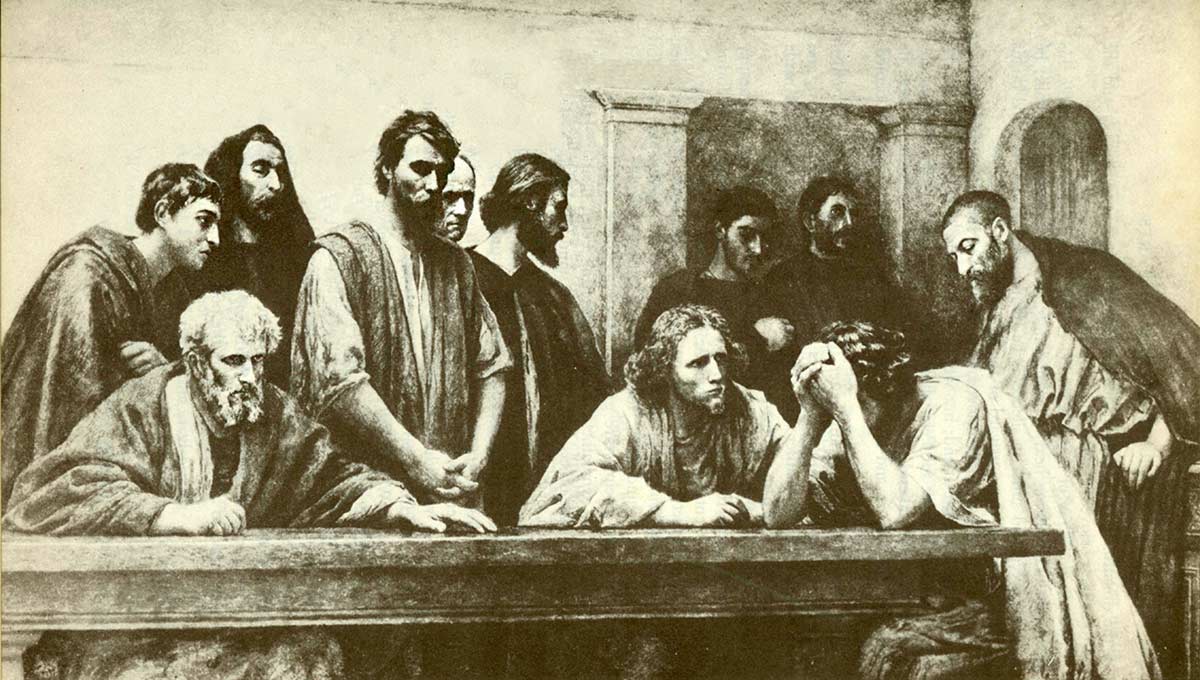It is Saturday in Jerusalem. Jesus is betrayed, crucified, and now lays in the tomb. I imagine the broken hearts, the sobbing, the wandering minds, and the myriad of whys. Betrayal is such an ugly action. The devastation of Friday rings loudly and the images slowly repeat. The weight of the grief for those who loved and followed Jesus must have been nearly unbearable.
Matthew’s gospel depicts the darkness that surrounds the death and burial of Jesus. He shows us the heaviness of loss with his account. In the darkness, we feel the loneliness of the separation. Darkness is unsettling; perhaps because we fear what we cannot see. Moreover, all gospel accounts leave us with a silence of Saturday. Other than the guards at the tomb, there is little description of Saturday’s events. My guess is what else could be done but to grieve.
This year has brought pain for each of us; for some, the pain of loss is nearly unquenchable. It’s a year of many reasons to express sorrow, and we are desperate for hope. Like Jesus’ closest companions after the crucifixion, we are in the silence of night. We lived the agony of Friday and its unimaginable loss. Now we endure Saturday, and the silence almost takes our breath away, if we let it. In our brokenness, it is natural to question God and earnestly seek a way to silence the whys. The humanity in us seeks answers and we allow the torment of “Did I do enough?”
There is no human emotion that is unknown to God, the Father. He knows the grief of separation and the love that dispels fear. In the midst of the lament, the psalmists teach us the importance of seeking comfort in the presence of God. They teach us to bring our unanswered questions and angry discontent. As New Testament believers, we know the importance of the Comforter in us and the indwelling presence of the Holy Spirit. There is hope and a place to lay down our weariness.
As we allow the lament brought by Friday’s betrayal and we sift through the silence of Saturday, we seek refuge in the father. Hope is near; the story doesn’t end in the tomb. There is surely a dawn and the awakening of Sunday.
As we prepare our hearts for Easter and the celebration of the empty tomb, may we remember to lay down our sorrow—may we acknowledge our hurt and begin to heal. My prayer for those of you reading is that tomorrow’s celebration of the empty tomb is an awakening from the despair. If you are able, I hope you will participate in a sunrise Easter service and allow it to bring you hope as dawn breaks through the darkness and silence of the night.
Dr. Adrian Hinkle serves as Vice President of Academic Affairs at Southwestern Christian University in Bethany, Oklahoma. She is also Executive Director of the Society for Pentecostal Studies. She lives near Oklahoma City.


